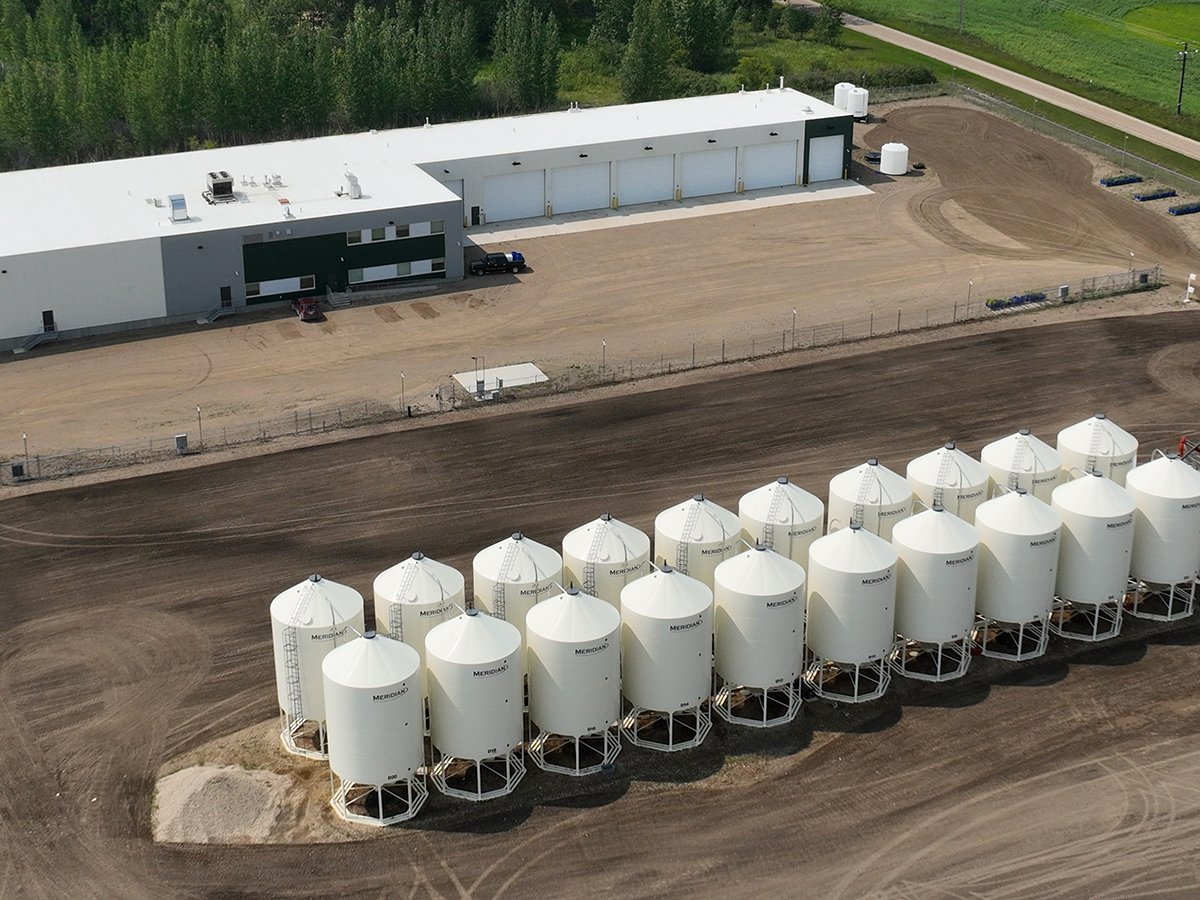Canada’s health minister has followed through on her promise to end conditional registrations of pesticides.
As of June 1, Health Canada and the Pest Management Regulatory Agency will no longer grant conditional registrations, in which the government approved the use of a pesticide but asked an agri-chemical company for additional information to support the registration.
“Moving forward, Canadians can be reassured that all pesticide registration decisions will be made with a consistent and high level of scientific and public scrutiny,” Jane Philpott said in a written statement.
Read Also

Saskatchewan firm aims to fix soil with compost pellets
In his business, Humaterra, Leon Pratchler is helping farmers maximize yields in the weakest areas of their fields through the use of a compost pellet.
Only one percent of all pesticides in Canada have conditional registrations, but the Health Canada practice became controversial because many neonicotinoids, a class of insecticides linked to bee deaths and colony losses, have conditional registrations.
This winter the federal commissioner for the environment and sustainable development criticized the PMRA because it maintained conditional registrations on several neonicotinoids for more than a decade.
“We found that the Pest Management Regulatory Agency allowed conditionally registered pesticides to be in use for lengthy periods — in many cases, for more than the five-year period it normally allowed — without having received and assessed the required studies and data,” the commissioner said in a January report.
Around the same time, Philpott said Health Canada would no longer permit conditional registrations.
The Canadian Environmental Law Association (CELA), a public interest group, praised the minister and Health Canada for the decision.
“In some cases the outstanding information, such as the bee studies, was incomplete for over a decade with no consequences for non-compliance with the law,” CELA said. “While … (ending) conditional registrations only applies to new registrations, it is an important step towards making the pesticide registration process more accountable.”
The PMRA still has to deal with existing conditional registrations of pesticides. The agency said it expects all conditional registrations “will be resolved by 2017.”
“(The) PMRA will ensure that any outstanding information is received and reviewed in a timely manner…. The information requested for many of the neonicotinoid conditional registrations has been received and is in the process of being reviewed.”
The agency added that pesticides are only approved following a “rigorous scientific evaluation,” but conditional registrations were granted when a scientific review found that risks of a pesticide were acceptable but additional information was needed.















